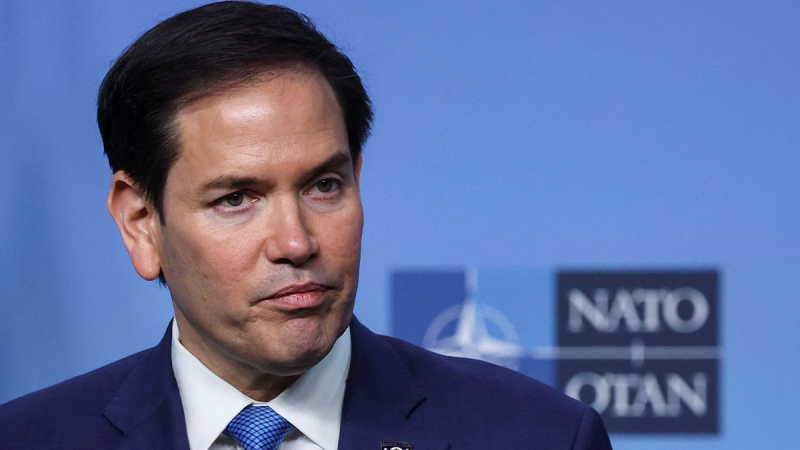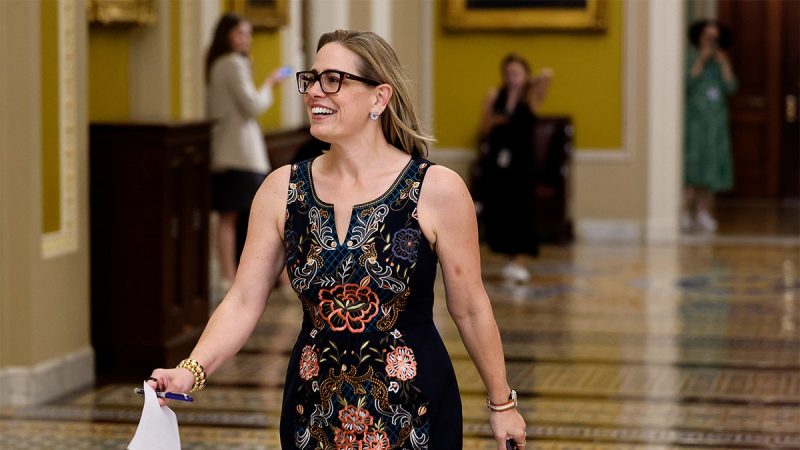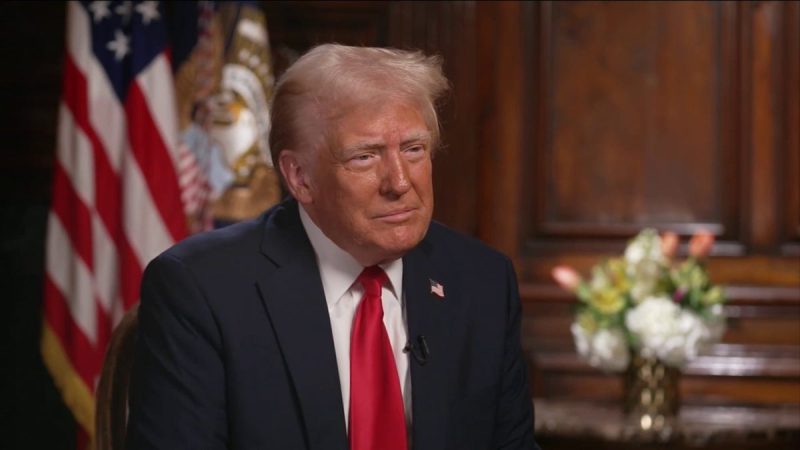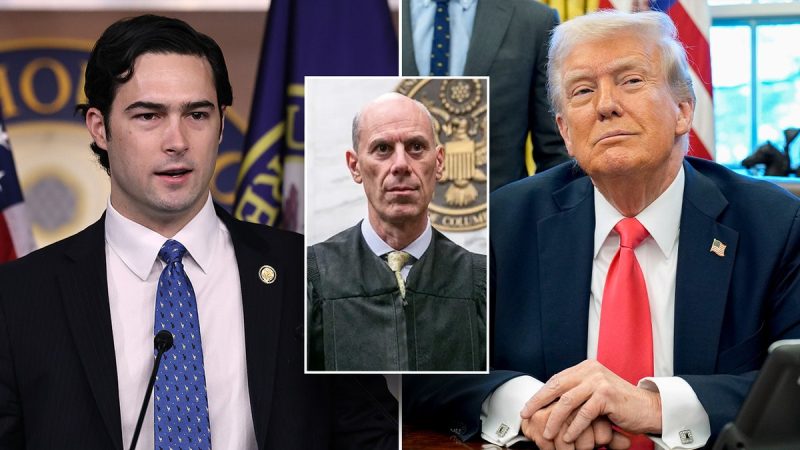Democrat Rep Jared Golden says his party’s moving in ‘wrong direction’ on trade
A key moderate Democrat is warning his party they are heading the ‘wrong’ way on trade.
Rep. Jared Golden, D-Maine, was one of the few Democrats to express some optimism at President Donald Trump’s support for tariffs, specifically his move to add a 10% baseline duty to all U.S. imports.
Golden noted in a brief interview with Fox News Digital on Thursday that he himself proposed legislation for a 10% universal tariff earlier this year and in the previous Congress.
When asked how his stance on tariffs has been received by fellow House Democrats, Golden said, ‘Well, I think that they are moving in the wrong direction when it comes to trade.’
‘I think it’s been a knee-jerk reaction to the president,’ the Maine Democrat explained of the more recent furor.
He said the Democratic Party he joined in his ‘formative years’ was ‘the party that was warning about things like the World Trade Organization or [the North American Free Trade Agreement (NAFTA)].’
‘It has kind of, I think, had a sudden movement in the opposite direction, and that’s unfortunate,’ Golden said. ‘You’ve got to look beyond, you know, who the president is…to ask themselves what would be good for rural communities or working-class people, or cities like Detroit, whatever it may be – those who have been hit hardest by the existing trade regime.’
He added, however, ‘I think that this debate has been brewing since the ’90s, so it’s not only about Trump.’
Golden has been known to break from his own party on issues like trade, border security, and notably, former President Joe Biden’s student loan relief efforts.
He won his seat in Maine’s 2nd Congressional District by less than 1% in 2024, while Trump carried the district by 10%.
He said on Wednesday that he was ‘pleased’ Trump’s tariff plan lined up with his own ideas for a universal tax on foreign goods.
‘I’m eager to work with the president to fix the broken ‘free trade’ system that made multinational corporations rich but ruined manufacturing communities across the country. But tariffs must be paired with policies that prioritize American families’ prosperity.’
He pointed out, however, that Trump ‘introduced a number of new tariff policies’ alongside the 10% universal tax, and that he would need time to review the policies in detail before weighing in on them further.
Trump’s plan involves a 10% blanket tariff on all imports into the U.S., as well as reciprocal tariffs as high as nearly 50% on both adversaries and allies.
Golden added, ‘We need to make sure that the new approach benefits working people — that means supporting unions, the trades and apprenticeship programs, cutting regulations that hold back production, unleashing American energy and using tariff revenue to support domestic manufacturers that create good-paying jobs for Americans.’
‘Tariffs are a first step in rewriting a rigged trade system, but they cannot be the last one.’







